Digital cinema, 3D and business
Digital cinema, and in particular 3D, is all the rage right now. But does this technology have a place in business? We investigate.


It's been 10 years since the first digital cinema first arrived in the UK. Since then, it's made slow but steady progress and there are now more than 500 digital-enabled screens in the UK. With the rise of 3D presentation, headed up by flagship films such as Avatar, its adoption by UK exhibitors is set to increase, and by any yardstick it will soon be the primary way that British cinemagoers consume cinematic content.
According to many though, the potential of digital cinema doesn't just lie in consumer entertainment. At a recent panel discussion on digital cinema in London, Lord Puttnam, the Labour peer and successful film producer of classics such as Chariots of Fire, said: "We're just scratching the surface of what will be possible in the years to come. In fact I believe that digital cinema can be at the very heart of any vision of Digital Britain that the government sets out."
Key to that vision is that fact that, unlike conventional film-based cinema, digital cinema can be opened up to display other types of content beyond just movies. This could be live concert material, sports events, gaming tournaments, or for example, for a corporate customer, a live feed of a keynote speech from the other side of the globe.
Delivered at the speed of light
What makes this all possible is the speed and ease of digital delivery. The key advantage of digital cinema is that content is beamed directly to the cinema via satellite or through fibre optical links. If the cinema does not have these facilities in place, the content can be physically delivered on a hard disk, which is still several orders of magnitude cheaper than producing and distributing physical prints. Film prints costs around $2,500 per print, which when you're dealing with thousands of cinemas around the world can really mount up.
Sign up today and you will receive a free copy of our Future Focus 2025 report - the leading guidance on AI, cybersecurity and other IT challenges as per 700+ senior executives
Benny Har-Even is a twenty-year stalwart of technology journalism who is passionate about all areas of the industry, but telecoms and mobile and home entertainment are among his chief interests. He has written for many of the leading tech publications in the UK, such as PC Pro and Wired, and previously held the position of technology editor at ITPro before regularly contributing as a freelancer.
Known affectionately as a ‘geek’ to his friends, his passion has seen him land opportunities to speak about technology on BBC television broadcasts, as well as a number of speaking engagements at industry events.
-
 Will autonomous robotics leap forward in 2026?
Will autonomous robotics leap forward in 2026?In-depth Connectivity and cost benefits remain barriers, despite breakthroughs in physical AI
-
 AWS and NTT Data team up to drive legacy IT modernization in Europe
AWS and NTT Data team up to drive legacy IT modernization in EuropeNews Partnership between AWS and NTT DATA aims to boost AWS European Sovereign Cloud capabilities
-
 HP announces updated Sprout Pro
HP announces updated Sprout ProFirst look New apps give 3D scanner and projector-equipped PC a reason to exist
-
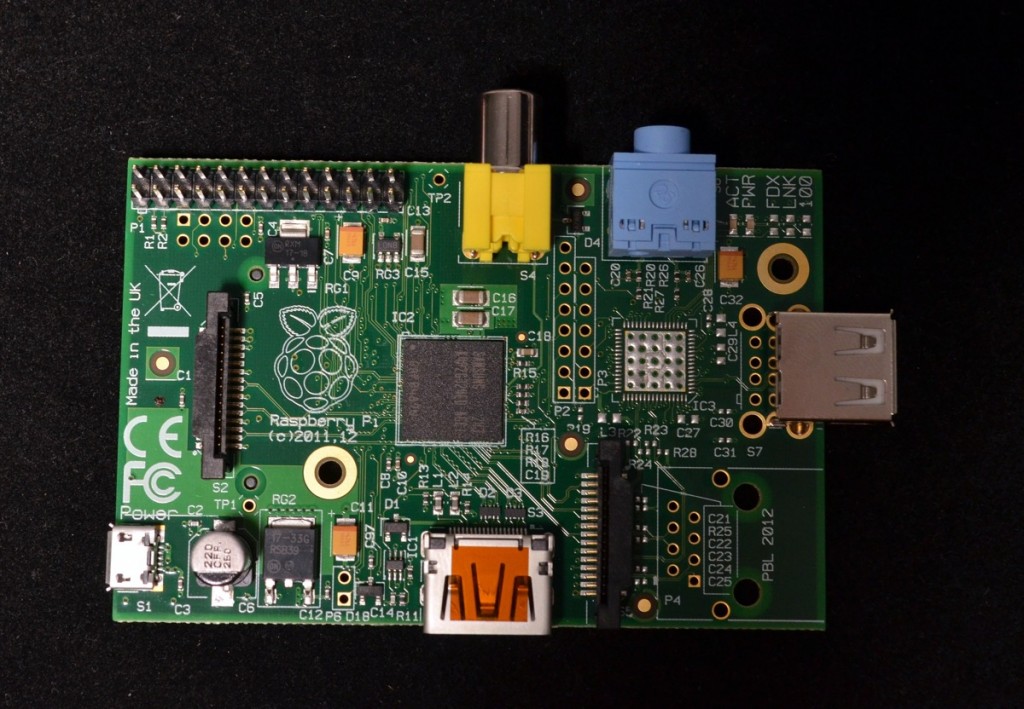 Christmas puddings, and Raspberry Pi
Christmas puddings, and Raspberry PiIn-depth Inside the Enterprise: Tech's greatest achievement of 2012 could yet turn out to be a tiny, cheap computer.
-
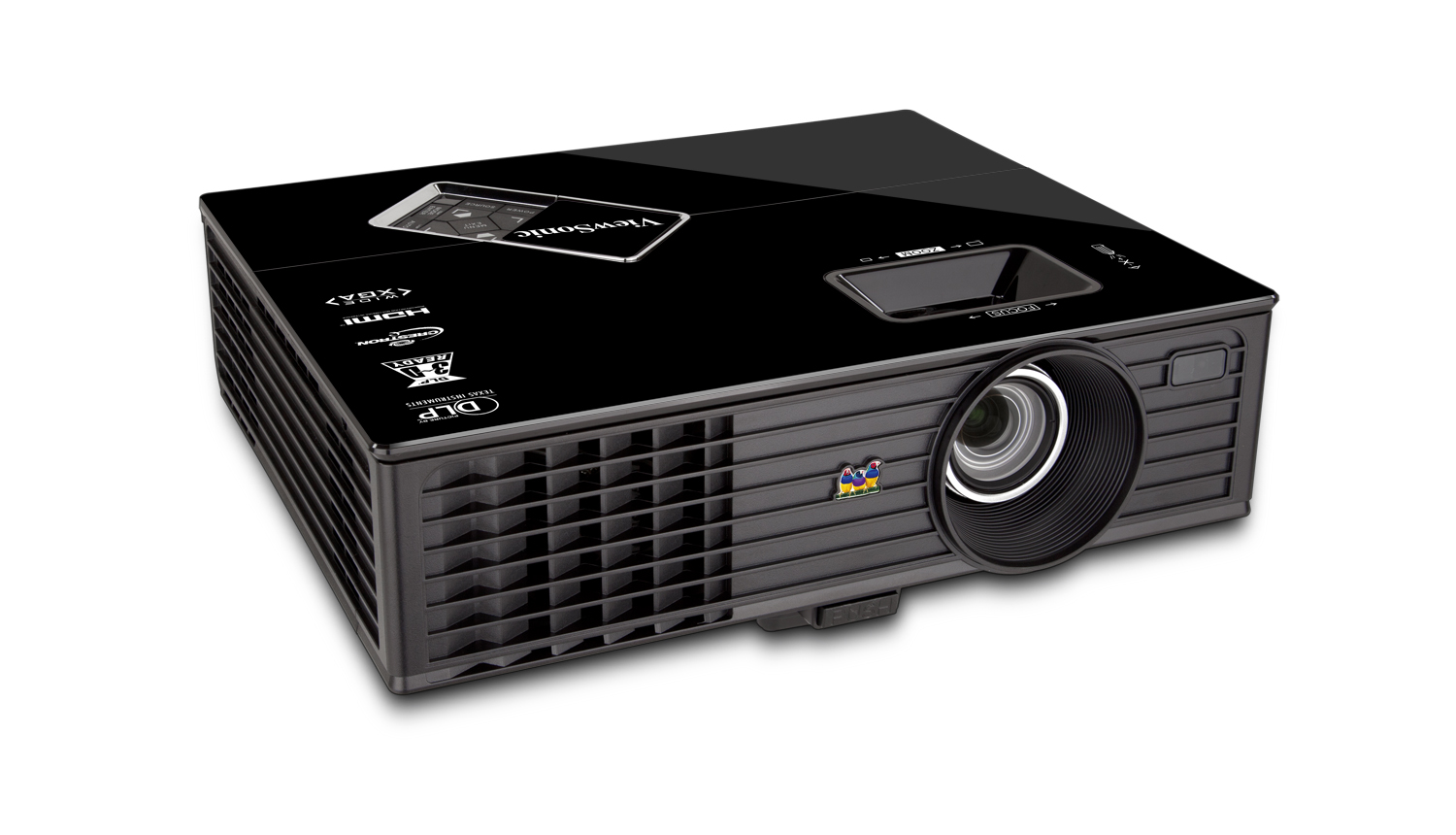 ViewSonic PJD6553w review
ViewSonic PJD6553w reviewReviews With its 3,500-lumen brightness, a widescreen resolution, network management facilities and 3D support, ViewSonic has packed some impressive specs into this low-cost, versatile projector. Ben Pitt investigates whether more really is better.
-
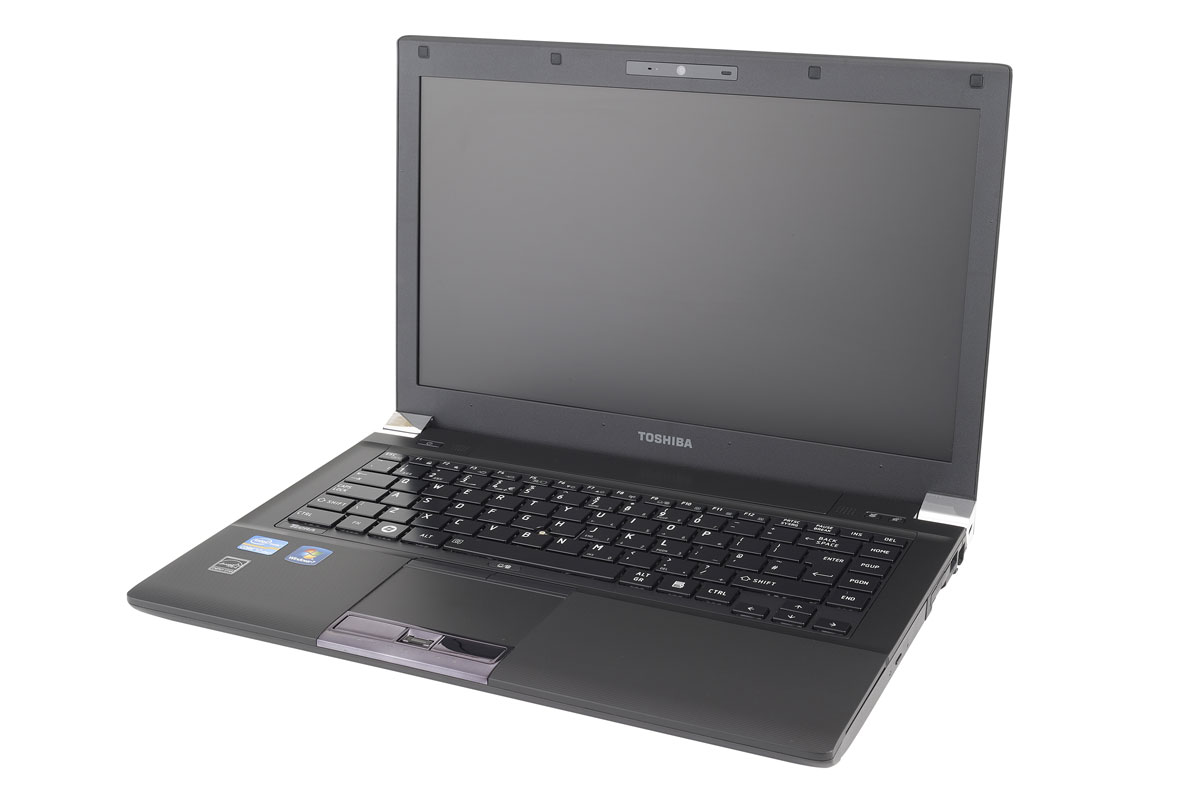 Toshiba Tecra R840 review
Toshiba Tecra R840 reviewReviews Toshiba has launched something of an oddity into the laptop market with its new Tecra R840-12F – a thin and light laptop with a larger-than-usual 14in screen. But will that be enough to make it stand out from the competition? Tom Morgan finds out.
-
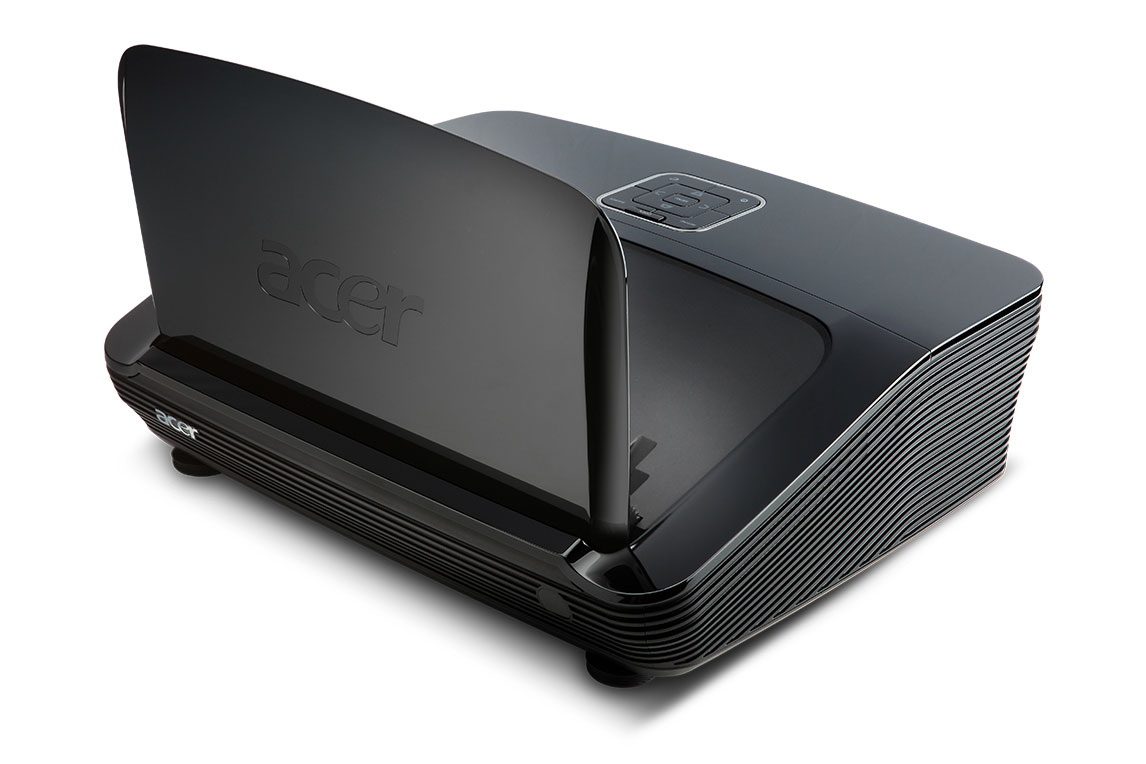 Acer U5200 review
Acer U5200 reviewReviews Acer's new projector has more features than you can shake a laser pointer at, from 3D to network management, but are these actually of any use to businesses? Jim Martin polishes his glasses for a closer look.
-
 Sony Vaio SB1V9E review
Sony Vaio SB1V9E reviewReviews Sony's slender new Sandy Bridge ultraportable laptop is finally available, packing a powerful processor in a slender design. But can you really have your cake and eat it too? Alan Lu finds out.
-
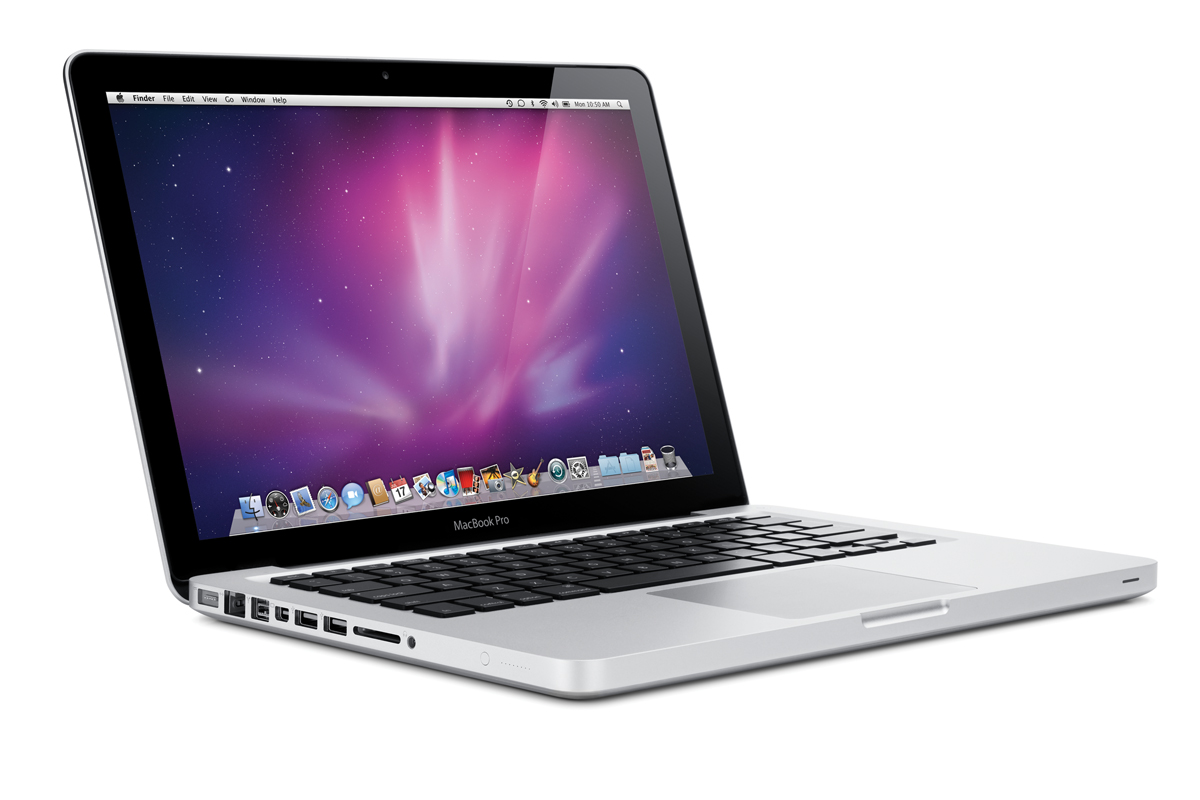 Intel to launch Light Peak on iPad 2?
Intel to launch Light Peak on iPad 2?News Apple may play with its rivals with a whizzy new USB killer from Intel.
-
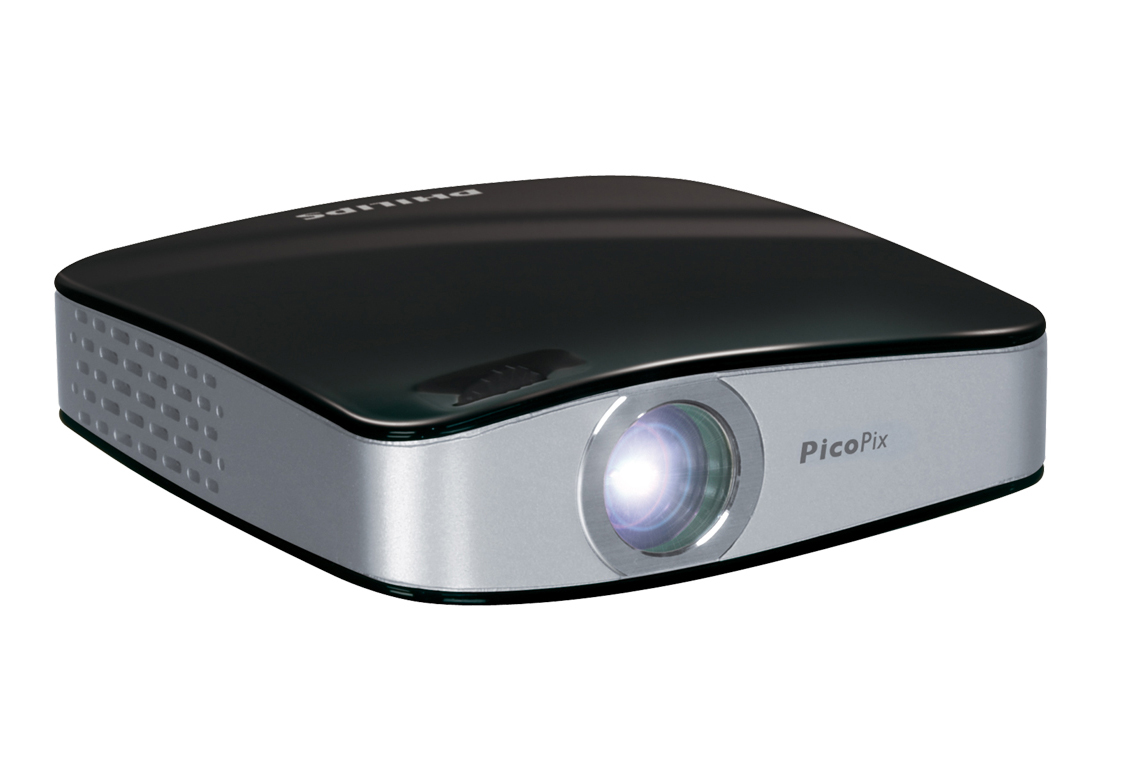 Philips PicoPix PPX1020 review
Philips PicoPix PPX1020 reviewReviews A handheld projector for just £162 - a bargain or a false economy? Jim Martin takes a closer look in our review.
